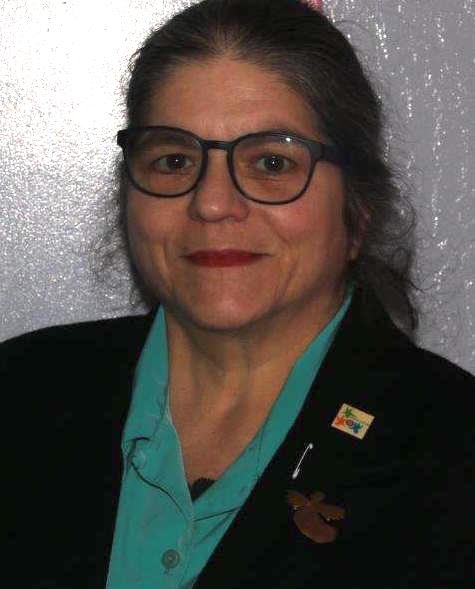Ryan’s Law Permits the Use of Medical Cannabis at End of Life in CA Health Care Facilities
 Ryan’s law, also known as SB 988 Compassionate Access to Medical Cannabis Act signed into law by the Governor and amends sections 1649.1, 1649.2, 1649.4 and 1649.5 and repeals and adds Section 1649.3 of the Health and Safety Code, relating to Health Care Facilities.
Ryan’s law, also known as SB 988 Compassionate Access to Medical Cannabis Act signed into law by the Governor and amends sections 1649.1, 1649.2, 1649.4 and 1649.5 and repeals and adds Section 1649.3 of the Health and Safety Code, relating to Health Care Facilities.
This law requires specified types of health care facilities (including SNF and ALF) to allow a terminally ill patient’s use of medicinal cannabis, within the health care facility, subject to certain restrictions.
This bill would require that a health care facility to require a patient or a primary caregiver, as defined, to be responsible for acquiring, retrieving, administering, and removing medicinal cannabis and would require medicinal cannabis to be stored securely at all times. The bill also requires the patient or the patient’s primary care giver to, upon discharge, removal remaining medicinal cannabis, and if a patient cannot remove the medicinal cannabis and does not have a primary caregiver, would require the storage of the product in a locked container until it is disposed of as specified.
Important points from the text of the bill to consider: “the meaning of ‘health care facility’ shall NOT include a chemical dependency recovery hospital, a state hospital, an emergency department of a health care facility while the patient is receiving emergency care and services.”
-
Medical Cannabis means cannabis or a cannabis product used in compliance with the “Compassionate Use Act of 1996 and Article 2.5 (beginning at Section 11362.7) of Chapter 6 of Divisions 10.
-
Patient means an individual who is terminally ill. Patient does not include an individual receiving emergency services and care. Patient and Resident are used interchangeably.
-
Terminally ill means a medical condition resulting in a prognosis of life of one year or less if the disease follows its natural course.
A facility is required to develop and disseminate written guidelines (policy and procedure(s)) for the use and disposal of medicinal cannabis within the health care facility pursuant to this law.
-
Smoking or vaping as methods to use medical cannabis is Prohibited.
-
The use of Medical Cannabis is included within the patient’s medical records.
-
Require a patient to provide a patient’s valid identification card, as described in Section 11362.715 or a copy of that patient’s written documentation as defined in Section 11362.7.
-
Require a patient or primary care giver, as defined in section 11362.7 to be responsible for acquiring, retrieving, administering and removing medicinal cannabis.
-
Require medicinal cannabis to be stored securely at all times in a locked container in the patient’s room, other designated area or with the patient’s primary care giver.
-
Prohibits health care professionals and facility staff, including but not limited to, physicians, nurses and pharmacists, from administering medicinal cannabis or retrieving medicinal cannabis from storage.
Upon discharge, all remaining medicinal cannabis shall be removed by the patient or the patient’s primary caregiver. If a patient cannot remove the medicinal cannabis and does not have a primary caregiver that is available to remove the medicinal cannabis, the product shall be stored in a locked container until it is disposed of in accordance with the health facility policy and procedure governing medicinal cannabis.
This law does not require a health care facility to provide or furnish a patient with a recommendation to use medicinal cannabis in compliance with the Compassionate Use Act of 1996 et seq or to include medicinal cannabis in a patient’s discharge plan.
This law is enforced by the State Department of Public Health. Compliance with this law shall not be a condition for obtaining, retaining or renewing a license as a health care facility.
If you have questions about this or any aspect of Medicinal Cannabis use, there are several reliable sources available. A quick google search will show plenty of other resources including several pub med articles and solid research explaining likely doses, uses, indications, drug drug interactions and side effects.
A few trustworthy places to start your inquiries: Cannabis Nurse Network (CNN) (www.cannabisnursesnetwork.com, a global network of registered nurses who include Endocannabinoid System health and implement cannabinoid therapeutics to support patients.
The American Cannabis Nurses Association (ACNA) www.cannabisnurses.org , whose mission is advance excellence in cannabis nursing practice through advocacy, collaboration, education, research and policy development.
Society of Cannabis Clinicians www.cannabisclinicians.org a non profit alliance of health care professionals dedicated to advancing research and disseminating knowledge about medical cannabis.
KJ Page, RN-BC, LNHA Administrator of Chaparral House, a licensed skilled nursing not for profit Elder Care Community in Berkeley CA.Resources:
- Link to external website: Marijuana Moment article California Senator Seeks Federal Clarification On Medical Marijuana Use In Hospitals
- Handout: Hueso SB 311 Letter to HHS and CMS

